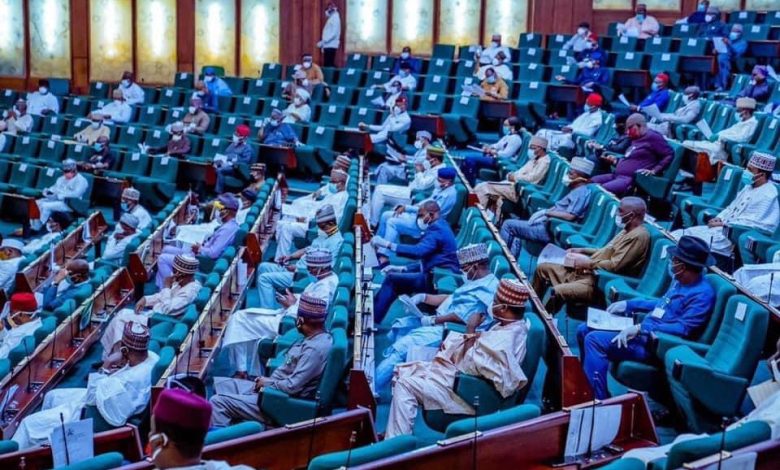Reps direct CBN to delay retirement of 1,000 staff pending investigation

On Tuesday, December 3, the House of Representatives directed the Central Bank of Nigeria (CBN) to suspend the planned retirement of 1,000 staff members and the associated N50 billion payoff scheme until a thorough investigation is completed.
The decision came after concerns were raised about the mass retirement, which involves over 1,000 employees, including senior management and directors. The House intends to investigate the criteria, process, and legality of the retirement plan to ensure it complies with public service guidelines and labour laws.
An ad hoc committee will be formed to engage with CBN leadership and assess the potential economic and institutional impacts of these retirements on Nigeria’s financial sector.
The motion, sponsored by Kama Nkemkama (LP, Ebonyi), emphasized the need for the Federal Ministry of Labour and Employment to protect the rights of the affected staff according to Nigerian labour laws. Nkemkama highlighted media reports indicating that the CBN planned to retire more than 1,000 staff members as part of its restructuring under the Acting Governor’s leadership.
He also brought attention to the reported N50 billion payoff scheme, which is being presented as part of the CBN’s human resource reorganization strategy. According to Nkemkama, the process is meant to be fair and equitable, but he raised concerns about the transparency and selection criteria of such a large-scale decision.
“The sudden retirement of over 1,000 employees, including directors and senior management, raises questions about the selection process, transparency, and whether due process has been followed,” Nkemkama said.
He warned that such a major move could have serious socio-economic implications for the individuals affected, their families, and the broader economy, including potential increases in unemployment and public dissatisfaction.
The lawmaker also expressed concern that the N50 billion payoff scheme might lack proper oversight, which could lead to the mismanagement of funds in a sector vital to the country’s financial stability.





